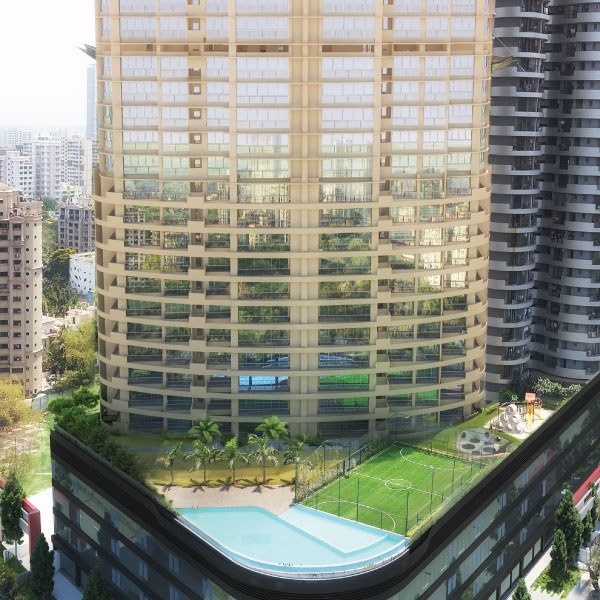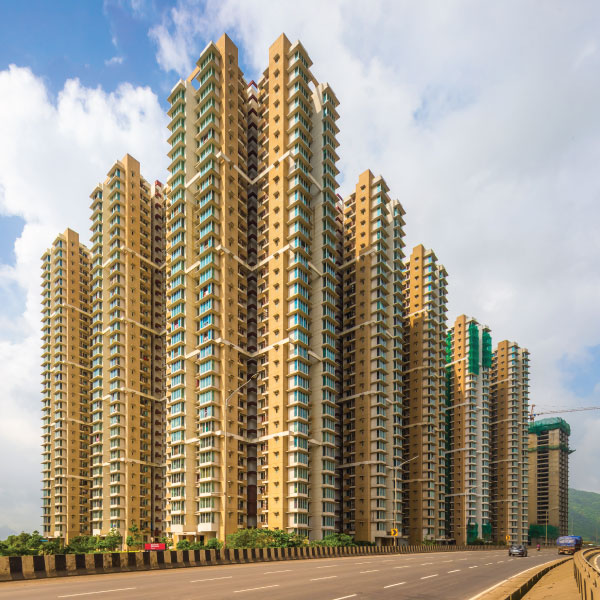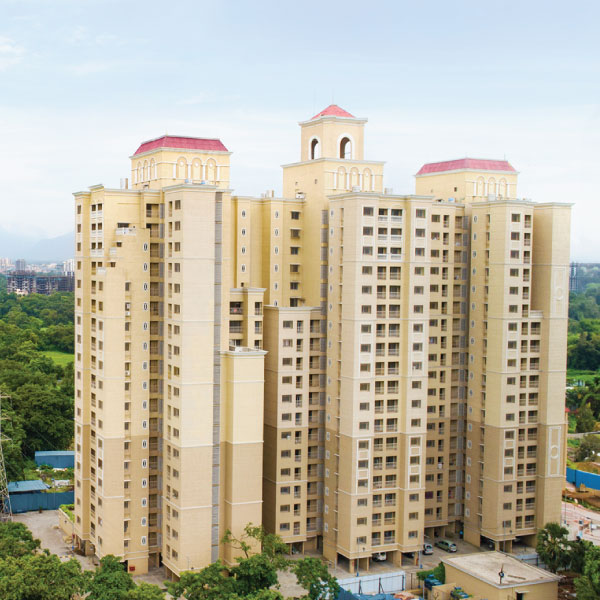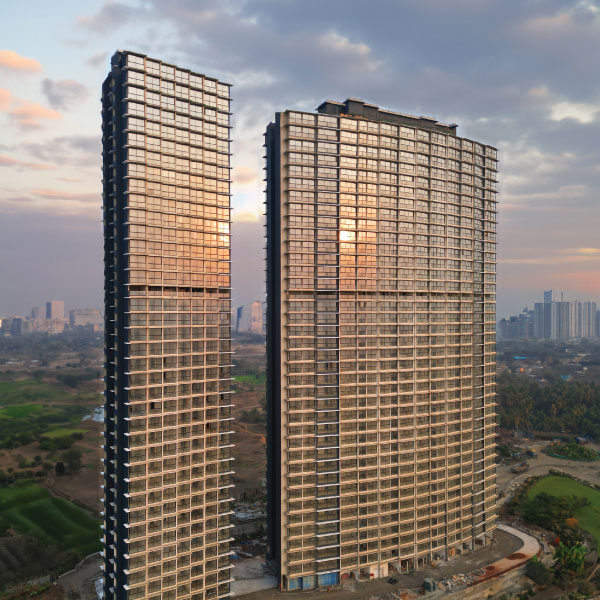All you need to know about the Supreme Court’s ban on construction
Last Updated on, November 1st, 2022
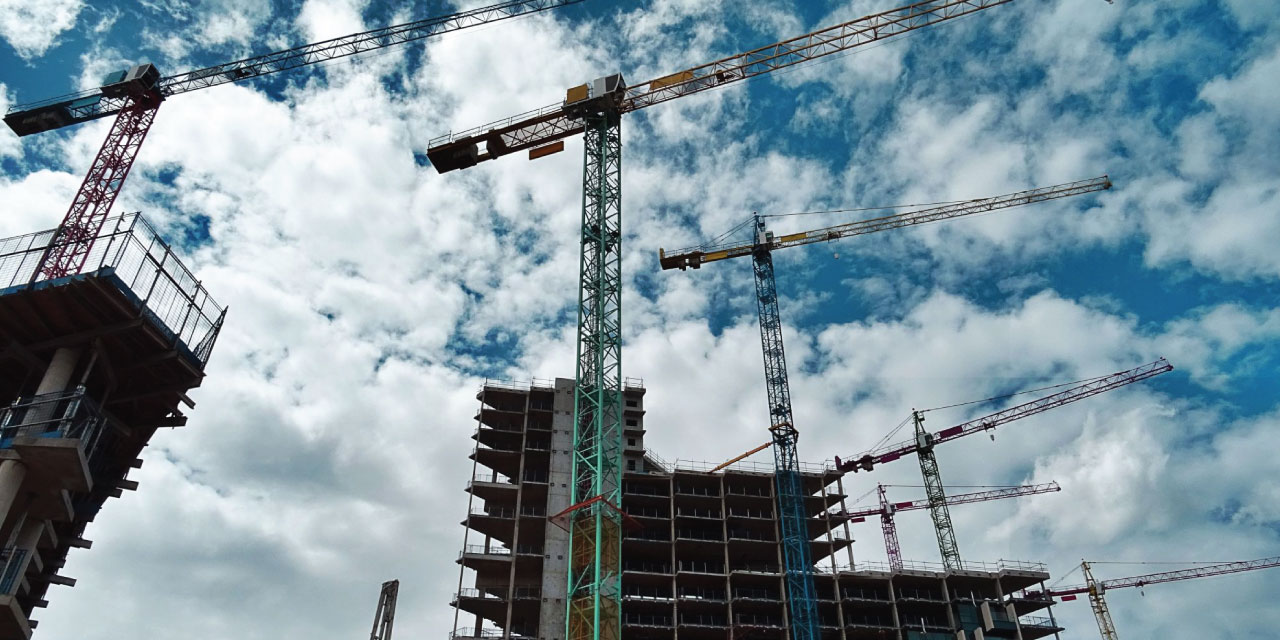
On the 31st of August, India’s apex court reprimaded some states and union territories for failure in framing a proper policy for solid waste management, and imposed a ban on all further construction activities in those states. A bench headed by Justice Madan Lokur slapped diverse fines on the states; they said it was “unfortunate” that states and UTs, including Maharashtra, Madhya Pradesh, Uttarakhand and Chandigarh, had not yet framed any policy under the 2016 Solid Waste Management Rules, even after the passage of 2 years. But on 2nd September, the Supreme Court cleared Maharashtra and Uttarakhand of its charges, and lifted the ban on construction in these states.
What was the actual ruling?
It was in 2015 that the issue of solid waste management first cropped up in court; it stemmed from the unfortunate death of a 7-year-old boy due to dengue in Delhi. The case has been going on suo motu since, and the state governments across India have been issued orders to frame a solid waste management policy. During the court hearing on July 10, 2018, some states did not attend court. The bench fined those states Rs 1 lakh each whose lawyers were present in court. For other states/UTs, who were neither present nor represented by lawyers, the fines went up to Rs 2 lakh.
At the August 31st hearing, the Supreme Court bench chose to take more serious measures. “In case the states have the interest of the people in mind and cleanliness and sanitation, they should frame a policy in terms of the Solid Waste Management Rules so that the states remain clean,” the bench said. “The attitude of the states/union territories in not yet framing a policy even after two years is pathetic, to say the least,” the court said, adding, “further constructions in the states/union territories are stayed until the policy is framed.”
The court slapped a fine of Rs 5 lakh on Andhra Pradesh for not filing an affidavit as per the court’s 10 July ruling on the same subject, and observed that even the Centre was not aware whether the state had framed the policy. Fine of Rs 3 lakh each had also been levied on Maharashtra, MP, Uttarakhand and Chandigarh for disobeying orders and not framing their respective state policies.
What does it mean?
The Supreme Court is unhappy at the ‘lack of urgency’ from the states in tackling a problem of this proportion. While a step towards finding a solution to the solid waste problem is important, and it’s also necessary for the Supreme Court to fast track the entire process, a temporary blanket ban on construction in faulting states feels somewhat of a short-sighted step. There also seems to be a lot of confusion regarding what elements come under the Supreme Court’s mentioning of construction; an official working with the Maharashtra government directly on the matter chose to clarify, “construction covers everything, be it real estate projects, infrastructure projects of even private/individual projects”.
How things stand right now for Maharashtra?
The Maharashtra government made no delays in addressing the situation, and submitted the Solid Waste Management Policy that had been drafted along with the necessary affidavit. Following the submission the court has officially lifted the ban in the state. The official also mentioned that the state is contemplating an enforcement of the policy starting 2nd October, which happens to be Gandhi Jayanti.
Real Estate and Infrastructure are two of the biggest industries in the country, and need impetus to grow further rather than hiccups such as this. The Real Estate industry specifically has had to deal with major slowdowns due to demonetisation, enforcing of GST, etc, and it is only now that it’s back on a steady growth track. It was extremely critical that the ban be addressed soon, and fortunately, that is exactly what happened. Construction across Maharashtra, and more specifically Mumbai, is progressing like nothing ever happened, and construction companies and the numerous other stakeholders have all been able to breathe a sigh of relief.
Acknowledgement by the Supreme Court of Maharashtra government’s submission of the policy also bodes well for all future development in the state. New projects and redevelopment projects that were shelved or proceeding at snail’s pace, should now get fast paced. Combine this with the new DP put into effect by the Maharashtra government, and the future for real estate looks mighty bright.
This disclaimer informs readers that the views, thoughts, and opinions expressed in the text belong solely to the author, and not necessarily to the author’s employer, organization, committee or other group or individual.



